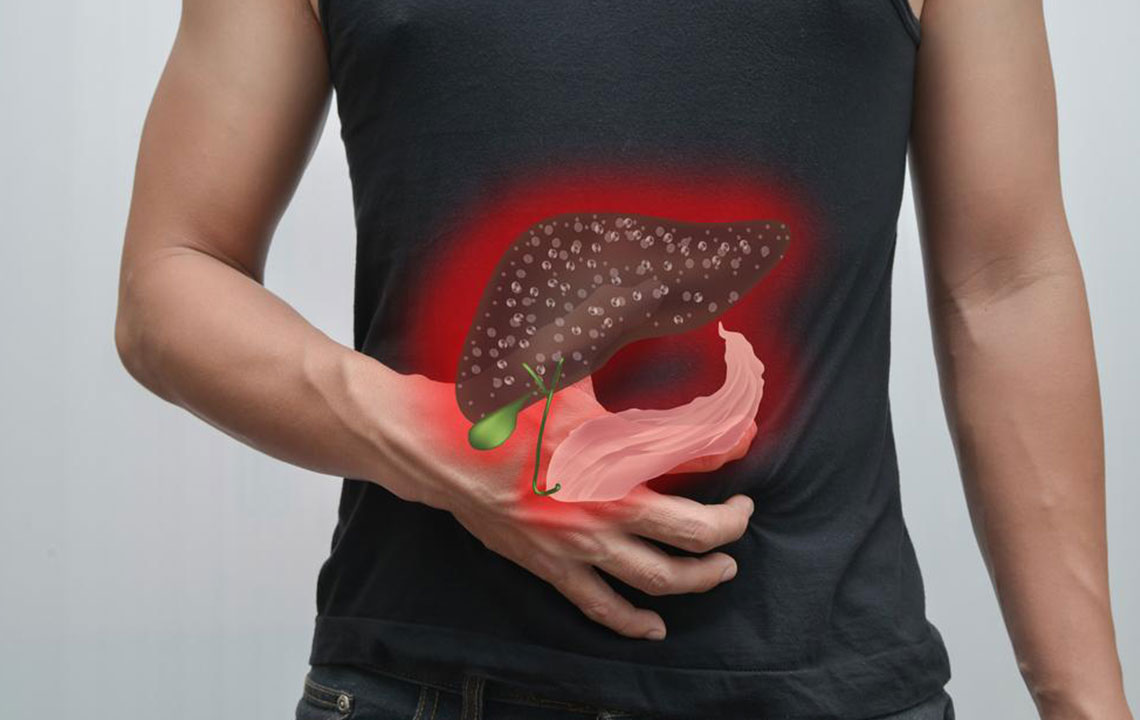What is the relationship between Hepatitis C and liver damage
Hepatitis C is a disease caused due to an infection by Hepatitis C virus that affects the liver. This health disorder has two different phases – acute and chronic. An individual having the former phase means he or she got affected recently while the latter phase means a person has the infection for over six months. Patients of the acute phase may fight against HCV without suffering from liver problems. But approximately 85% of patients fail to do so and enter the chronic phase.
Essential facts about hepatitis C and liver damage:
The infection is caused by coming in contact with an infected person’s blood.

Chronic phase or long-term Hepatitis C usually causes tiny scars in the liver. Still, you won’t notice any liver damage signs. If a person has many such scars, then the liver is unable to work well. Studies reflect that nearly 25% of patients having chronic Hepatitis C possess severe liver problems like cirrhosis, liver cancer, etc. for more than 20 years. Cirrhosis might lead to liver cancer as the scar tissue slowly replaces your liver’s healthy cells.
With the growth of such scars, a patient’s liver takes an attempt to heal naturally by producing new cells.
Prediction about whether you are at a risk of severe liver damage or not can be made by the help of certain factors as liver damage signs are not visible. These are the amount of alcohol consumed by an individual and the person’s age when HCV infected he or her. If a patient’s infection becomes too severe, then the liver stops functioning normally, and the end-stage is termed as a liver failure. The only possible remedy to save a patient’s life is through a liver transplant procedure.
Whatever stage you be in, it is advisable to follow your doctor’s advice and proceed accordingly.


